5 Questions with our Assistant Editor, Ari Prakash
As assistant editor, you’re working with many writers to polish their stories.How would you describe the tone Folly is looking for in submissions?
Offbeat, dark, funny, attention-grabbing and relatable at its core. The short stories and poems that go the farthest often use the personal to relate to universal feelings while keeping the tongue firmly in cheek. I’ve noticed that we often get creative pieces that give general societal commentary, while that’s appreciated, it’s not what Folly has in mind for publication. It’s all about keeping it real while maintaining a stylistic edge. To sharpen up the edges of a creative piece, you’ve got to make every word count. You can draw inspiration from writers like Otessa Moshfegh, Sally Rooney and Lisa Taddeo and Kiwi writers who share similar tones like Tayi Tibble and Hera Lindsay Bird.
When it comes to writing, you’ve had a go at many forms from fiction to nonfiction, academic to journalistic, so how does being a writer who wears many hats influence you as an editor?
I’ve developed an appreciation for many different tones and developed a knack for knowing what a publication or assessor is looking for and editing accordingly. It also helped me understand what it’s like to detach myself from my work and view it objectively as an editor. The problem with being a long-time writer is that you end up editing work according to your vision instead of the submitter’s vision. You need to get out of the headspace of editing someone’s work like it’s your own. Having experience in many different forms of writing means I’m used to following guidelines and can appreciate it as a craft instead of through a personal lens. That makes editing much easier.
You came on board the Folly team at the launch of the project. What drew you to Folly Journal at such an early stage?
It was apparent right from the beginning that Folly was a passion project that had a lot of thought and care put into it. The website is sleek and professional, and right from the get-go, I had an idea of what Folly stood for and how they stood apart from other literary journals. I enjoy reading New Zealand literature, it’s comfortable, relatable and has a distinct tone, but I also enjoy the new contemporary literature being published. Folly appeared as a way to meld these two styles of writing together and create a literary connection between New Zealand literature and the rest of the world. The idea proved to be popular too since in the past six months, we’ve had over 1,400 submissions from New Zealand and around the world. It proves that Folly’s vision is a shared one.
You have been leading the poetry selection. What are the differences you’ve seen between domestic and international submissions?
In the past couple of years, we’ve seen popular creative works that embrace the offbeat side of life that’s unexpected, dark, sometimes funny and relatable at its core. I saw Folly as a bridge between the charm and realness of Kiwi literature and commercial literature. Domestic submissions tend to draw inspiration from one’s everyday and personal life. There’s also a strong sense of place in local submissions. The Kiwi landscape and culture are always palpable in the descriptions themselves or the characters that inhabit them. In domestic submissions, there’s hesitation to turn this study of quiet disruption into something much louder. Across the various ponds, international submissions tend to be much louder and less afraid of touching on issues deemed provocative. It’s the sort of loud disruption that has your attention from beginning to end and involves laying emotions bare from the first sentence and unlikely metaphors that make perfect and surprising sense. Then, of course, some works have a blend of being unabashed and subtle, but as always when it comes to seeing the differences, eventually the line begins to blur.
Tell us about what inspires you, your writing and your editing process?
It sounds cliche, but the world around me, from observations to literary influences, inspires my writing. The combination of psychology and creative writing in my university degree also affects my work in surprising ways. A previous lecturer asked me if I wrote Scandinavian thrillers when they heard about my odd studying combination. That answer was no, but my characters are often troubled at best and delusional at worst. I don’t do it on purpose. I suppose the DSM-5 has somehow slotted itself into the ‘Writing Advice’ shelf at the back of my mind. As for editing, ironically, I find my own poetry as the hardest work to edit. I find poetry is the most emotional form of writing that doesn’t allow you to hide behind layered characters and plots. Poetry often involves putting your heart on the page for poetry to come alive. Or at least a small piece of it. That is something I sometimes struggle to come to terms with. For that reason, a lot of my work is still ‘in progress’.

